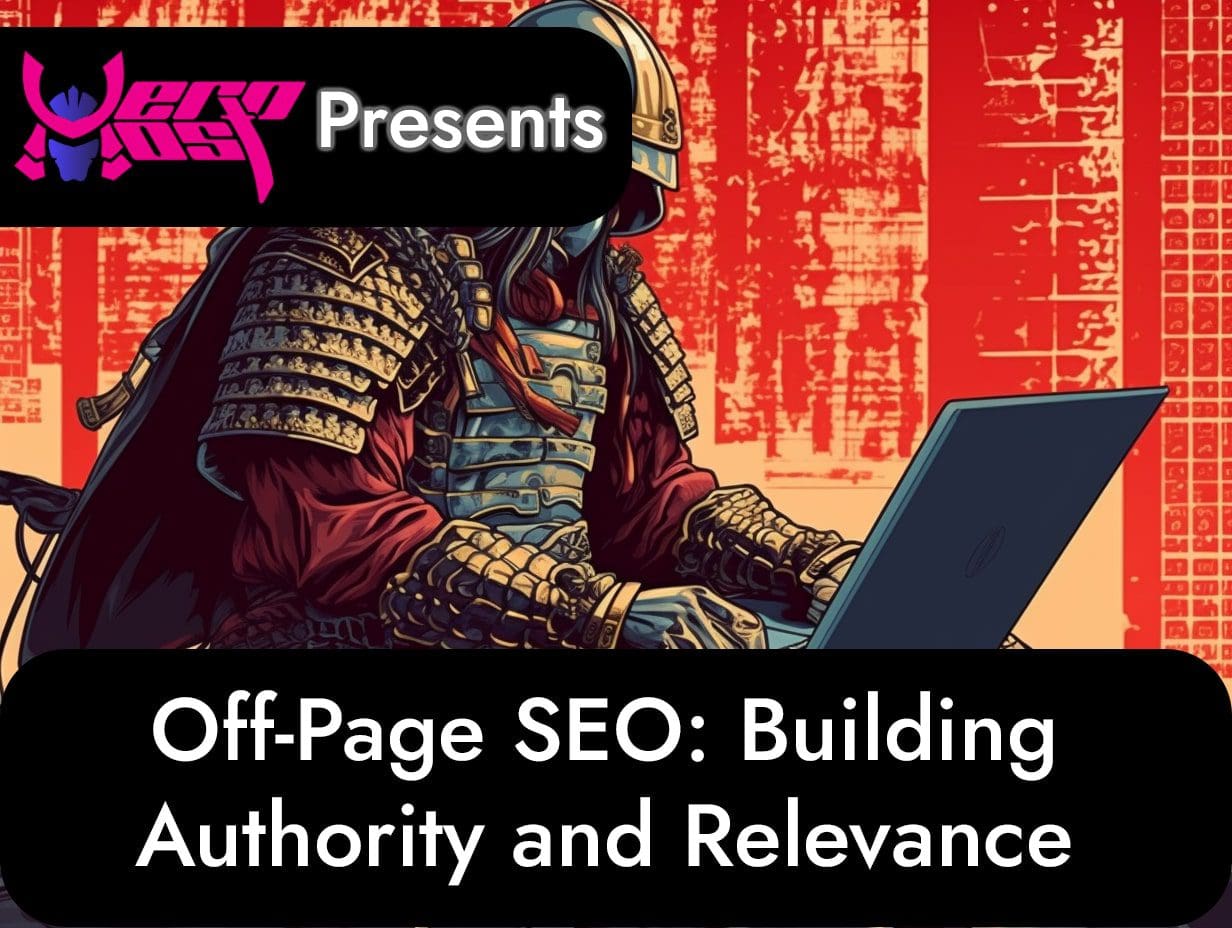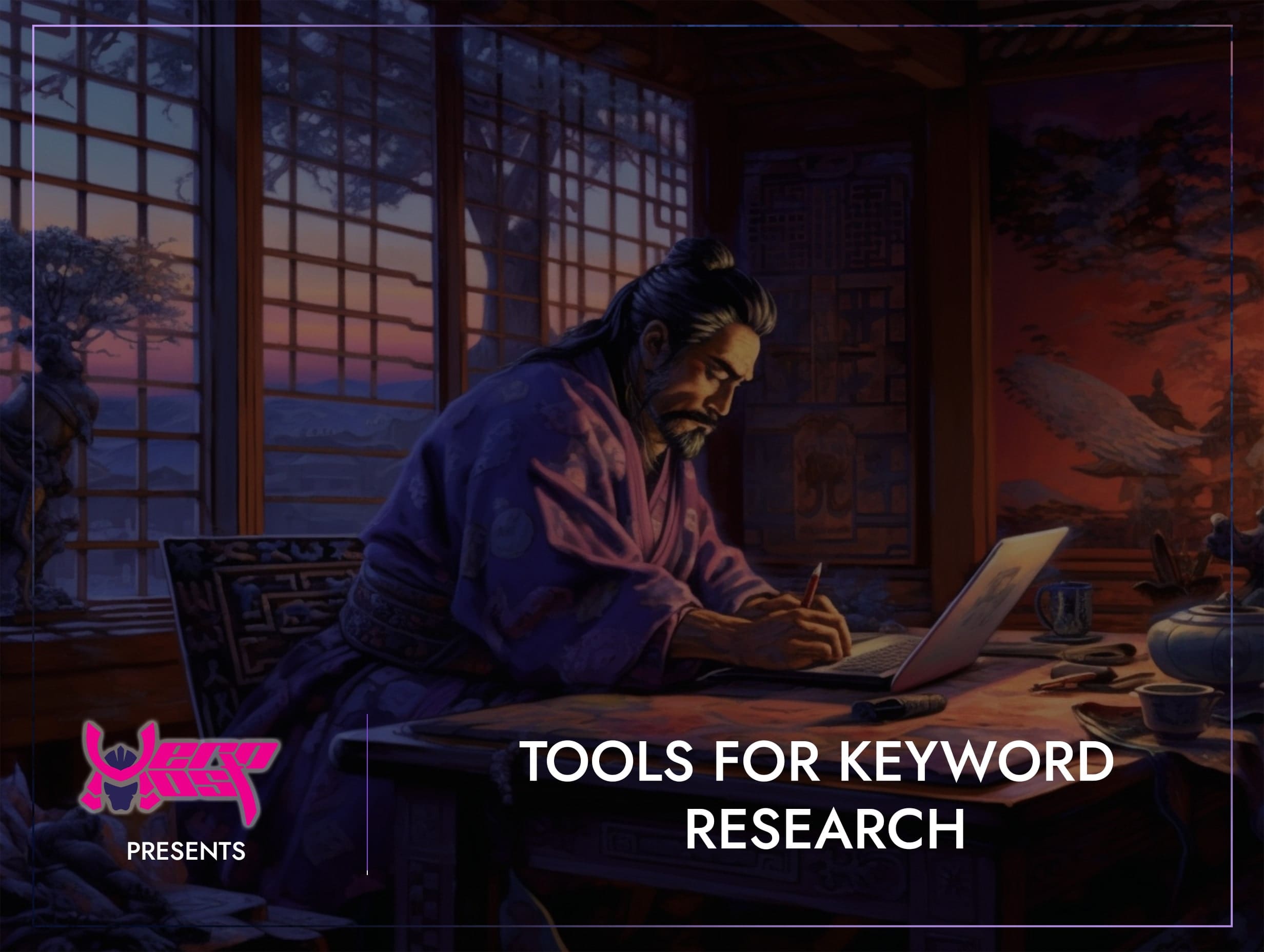Off-Page SEO: Building Authority and Relevance
- Home
- Search Engine Optimisation (SEO)
- Off-Page SEO: Building Authority and Relevance

- Mikey Ryu
- November 8, 2023
- 0
Off-Page SEO: Building Authority and Relevance
What is Off-page SEO
Search Engine Optimization (SEO) is a multifaceted discipline that encompasses a wide range of strategies and techniques designed to improve a website’s visibility in search engine results pages (SERPs). One critical aspect of SEO is off-page SEO, which focuses on factors that occur outside the boundaries of your website. Off-page SEO is all about building authority and relevance in the eyes of search engines, which, in turn, can help improve your website’s rankings. In this blog, we’ll delve into what off-page SEO is, why it’s important, and how to effectively build authority and relevance.
Understanding Off-Page SEO:
Off-page SEO refers to all the activities and strategies you employ to improve your website’s reputation and credibility on the internet. These activities happen away from your website but directly impact its search engine rankings. The two primary goals of off-page SEO are to establish authority and relevance.
Building Authority:
Search engines aim to provide users with the most trustworthy and valuable results. Building authority is essential to convince search engines that your website is a reliable source of information. Several key strategies can help you build authority:
Quality Backlinks:
Backlinks are links from other websites to yours. When high-authority websites link to your content, it’s a strong signal to search engines that your site is reputable. However, it’s not just about quantity; the quality of backlinks matters. Aim for relevant, authoritative sources in your industry or niche.
Guest Blogging:
Contributing guest posts to reputable websites in your industry can help establish your authority. It not only allows you to showcase your expertise but also provides an opportunity to include backlinks to your site.
Social Proof:
Social signals, such as likes, shares, and comments on social media platforms, can indirectly impact your authority. A strong social media presence can improve your website’s reputation.
Online Reviews:
Encourage satisfied customers to leave positive reviews on platforms like Google My Business or Yelp. These reviews contribute to your online reputation and, consequently, your authority.
Building Relevance:
In addition to authority, relevance is a crucial aspect of off-page SEO. Your website needs to be seen as relevant to specific search queries in order to rank well. Here’s how you can build relevance:
Keyword Optimisation:
Use relevant keywords in your content and meta tags. Make sure your content aligns with the search queries users might use to find your products or services.
Local SEO:
If your business serves a local audience, optimizing for local search is vital. Claim your Google My Business listing, ensure your NAP (Name, Address, Phone number) information is consistent across the web, and encourage local reviews.
Content Marketing:
Creating high-quality, informative, and engaging content that meets the needs of your target audience is crucial for relevance. Content that answers users’ questions and provides value will be more likely to rank well.
The Importance of Off-Page SEO:
Off-page SEO is not just a supplementary aspect of SEO; it’s a fundamental part of the overall strategy. Here are some reasons why off-page SEO is important:
Higher Search Engine Rankings:
Building authority and relevance through off-page SEO can directly impact your website’s search engine rankings. Websites with strong off-page SEO tend to rank higher in SERPs.
Trust and Credibility:
Establishing authority and relevance online not only pleases search engines but also instils trust and credibility in your audience. People are more likely to engage with and trust a reputable website.
Traffic and Conversions:
Improved search engine rankings mean more organic traffic. With the right on-page SEO and user experience, this traffic can lead to increased conversions and revenue.
Long-Term Results:
Once you’ve built a strong off-page SEO foundation, it can continue to benefit your website over time. High-quality backlinks and a solid online reputation are assets that don’t diminish quickly.
Best Practices for Off-Page SEO:
To effectively build authority and relevance through off-page SEO, consider these best practices:
Create Outstanding Content:
High-quality content is more likely to attract backlinks and social shares. Invest time in creating valuable, informative, and shareable content.
Guest Posting:
Identify reputable websites in your niche that accept guest posts and contribute meaningful, relevant content. Ensure your author bio includes a link to your website.
Build Relationships:
Networking with others in your industry can lead to natural backlink opportunities. Engage with influencers and other website owners in your niche.
Monitor Your Online Reputation:
Keep an eye on your online reviews and social media mentions. Respond to both positive and negative feedback professionally.
Diversify Your Link Profile:
Avoid relying on a single source for backlinks. A diverse link profile with links from various sources appears more natural to search engines.
In conclusion, off-page SEO is an essential component of any successful SEO strategy. Building authority and relevance through off-page tactics can significantly impact your website’s search engine rankings, trustworthiness, and long-term success. By implementing best practices and focusing on quality, you can improve your website’s off-page SEO and enjoy the benefits of increased organic traffic and better visibility in search results.
Search
Categorys
- Branding (12)
- Business Growth Guides (3)
- Business Insights (3)
- Content Marketing (43)
- Domain Authority (19)
- Email Marketing (28)
- Google Analytics & Search Console (5)
- Hack or Not (2)
- Hero Host News (0)
- Inbound Marketing (32)
- Lessons From Asia (40)
- Marketing Guides (11)
- Martial Arts Journey (14)
- Outbound Marketing (8)
- Search Engine Optimisation (SEO) (41)
- Social Media Marketing (38)
- Web Design (20)
- Website Hosting (4)
- Wordpress (2)






